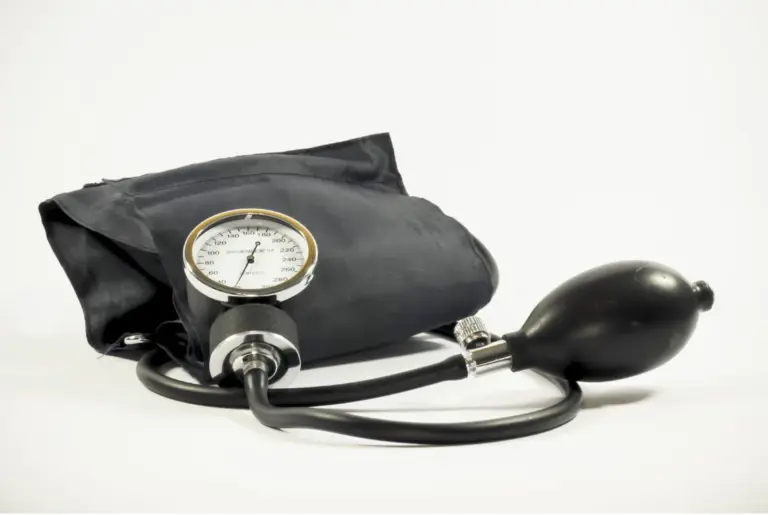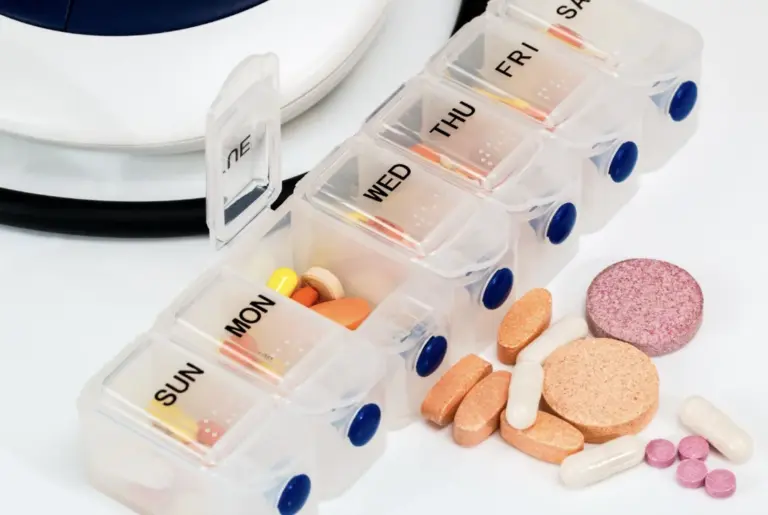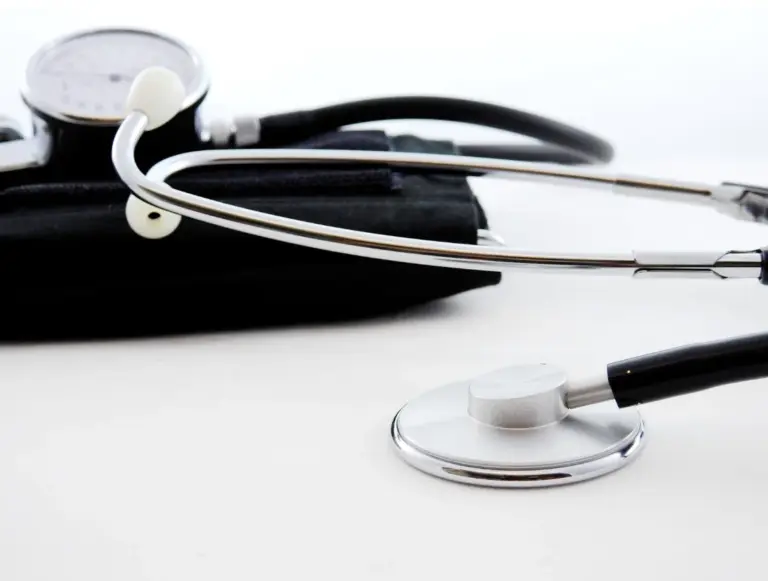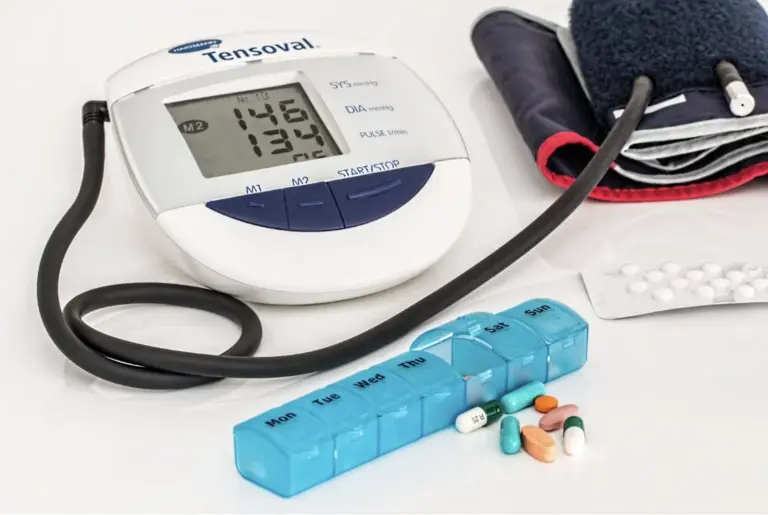Currently, hypertension or high blood pressure is one of the most chronic conditions prevalent in India. Approximately 20 crore Indians or one in every four adults have high BP with 10 million new cases added yearly. With such a large population suffering from high blood pressure, the medical condition has put a substantial burden on public health and is responsible for 29% of all strokes and 24% of heart attacks. High blood pressure puts the person at a huge risk of cardiovascular diseases with estimates stating that 16% of Ischemic Heart Disease, 21% of Peripheral Vascular Disease, 24% of Acute Myocardial Infarctions and 29% of strokes are attributed to hypertension.Hypertension is a silent but dangerous condition as there are no obvious high blood pressure symptoms. Most of the people are not even aware that they have high BP until it starts damaging other organs in the body such as the heart, arteries, brain, and kidneys.
With no hypertension symptoms, the only way to find out if the blood pressure is in control is to get it checked from a doctor. The normal range of blood pressure levels is 120/80 mm Hg (the first number is systolic blood pressure and the second is diastolic blood pressure). If the blood pressure measurement is 130 systolic or higher or 80 diastolic or higher and stays high during continuous readings then that condition is high blood pressure or hypertension.
When a person is first diagnosed with prehypertension (a condition where a person’s blood pressure is elevated above normal but not to the level to be considered hypertension) or actual high blood pressure, the first line of treatment that a doctor will recommend is to make changes in your lifestyle.
Here Are The Top 5 Lifestyle Changes That You Can Make To Control Your High BP:
-
- Lose That Extra Kilos –
 Being overweight or even obese puts you at a greater risk of developing prehypertension and eventually high blood pressure. The more mass that your body has, the more blood supply required for transporting oxygen to the entire body. This means more blood needs to be circulated which puts that much extra pressure on the blood vessels and the arteries which significantly raise your risk of getting high BP. Losing weight is one of the most effective lifestyle changes for controlling blood pressure, even if you lose a small amount of weight, if you’re overweight or obese, it can help reduce your blood pressure. In general, you can reduce your blood pressure by about 1 millimeter of mercury (mm Hg) with each kilogram (about 2.2 pounds) of weight you lose. In addition, to weight loss, make sure your waist size also remains in the recommended range as carrying too much weight in your waist can increase the risk of high blood pressure. Ideally, for men the waist size should not go beyond 40 inches and for women it should not exceed 35 inches.
Being overweight or even obese puts you at a greater risk of developing prehypertension and eventually high blood pressure. The more mass that your body has, the more blood supply required for transporting oxygen to the entire body. This means more blood needs to be circulated which puts that much extra pressure on the blood vessels and the arteries which significantly raise your risk of getting high BP. Losing weight is one of the most effective lifestyle changes for controlling blood pressure, even if you lose a small amount of weight, if you’re overweight or obese, it can help reduce your blood pressure. In general, you can reduce your blood pressure by about 1 millimeter of mercury (mm Hg) with each kilogram (about 2.2 pounds) of weight you lose. In addition, to weight loss, make sure your waist size also remains in the recommended range as carrying too much weight in your waist can increase the risk of high blood pressure. Ideally, for men the waist size should not go beyond 40 inches and for women it should not exceed 35 inches.
-
- A wholesome, High Potassium, Low Sodium Diet Is A Must –
 Proper, nutritious diet is the key to good health. Ensure that you get your daily requirement of foods that lower blood pressure, if you already have high BP, such as fresh vegetables, fruits, whole grains, low-fat dairy products, nuts, legumes and lean meats. The DASH (Dietary Approaches to Stop Hypertension) diet recommends high fibre, low sodium diet foods to reduce blood pressure. This diet can lower your blood pressure by up to 11 mm Hg if you have high blood pressure. Also, avoid extra salt intake, packaged, frozen or processed foods, caffeine, foods that have trans & saturated fats, foods that increase bad cholesterol etc. Make sure that you boost your potassium intake as potassium is an essential mineral that balances the salt content in the body which keeps the blood pressure in control. Bananas, oranges, cantaloupe, honeydew, apricots, grapefruit (some dried fruits, such as prunes, raisins, and dates, broccoli, spinach are all good sources of potassium. Limiting your salt intake to between 1500 mg – 2300 mg per day is ideal for most adults, and especially those with high blood pressure. Make sure you check the food labels for salt content, don’t sprinkle extra salt on your food, and consume very less packaged foods such as chips, pretzels, etc.
Proper, nutritious diet is the key to good health. Ensure that you get your daily requirement of foods that lower blood pressure, if you already have high BP, such as fresh vegetables, fruits, whole grains, low-fat dairy products, nuts, legumes and lean meats. The DASH (Dietary Approaches to Stop Hypertension) diet recommends high fibre, low sodium diet foods to reduce blood pressure. This diet can lower your blood pressure by up to 11 mm Hg if you have high blood pressure. Also, avoid extra salt intake, packaged, frozen or processed foods, caffeine, foods that have trans & saturated fats, foods that increase bad cholesterol etc. Make sure that you boost your potassium intake as potassium is an essential mineral that balances the salt content in the body which keeps the blood pressure in control. Bananas, oranges, cantaloupe, honeydew, apricots, grapefruit (some dried fruits, such as prunes, raisins, and dates, broccoli, spinach are all good sources of potassium. Limiting your salt intake to between 1500 mg – 2300 mg per day is ideal for most adults, and especially those with high blood pressure. Make sure you check the food labels for salt content, don’t sprinkle extra salt on your food, and consume very less packaged foods such as chips, pretzels, etc.
-
- Don’t Smoke And Don’t Drink (Or At Least Drink Very Very Moderately) –
 Every cigarette pack has a bold statutory warning, ‘cigarette smoking is injurious to health and smoking kills’. Heed that warning, because cigarettes truly are villain number one for your body and even more so if you have high blood pressure. Smoking and exposure to secondhand smoke increase the risk for the buildup of fatty substances (plaque) inside the arteries (atherosclerosis), a process that high blood pressure is known to accelerate. Also, every time you smoke, it causes a temporary increase in blood pressure. For overall health and to reduce the risk for heart attack and stroke, avoid all forms of tobacco as well as secondhand smoke. So if you are a smoker, quit immediately and if you are not a smoker, never start! 3Alcohol consumption is also one of the risk contributors to high blood pressure. Although moderate consumption of alcohol may lower blood pressure (no more than one drink per day for women and two drinks per day for men), excess intake has the opposite effect. Not only does high intake of alcohol raise blood pressure by several points but the extra alcohol in your system reduces the effectiveness of blood pressure medications and can also cause weight gain. Ideally avoid alcohol or have it in moderate proportions to control blood pressure levels.
Every cigarette pack has a bold statutory warning, ‘cigarette smoking is injurious to health and smoking kills’. Heed that warning, because cigarettes truly are villain number one for your body and even more so if you have high blood pressure. Smoking and exposure to secondhand smoke increase the risk for the buildup of fatty substances (plaque) inside the arteries (atherosclerosis), a process that high blood pressure is known to accelerate. Also, every time you smoke, it causes a temporary increase in blood pressure. For overall health and to reduce the risk for heart attack and stroke, avoid all forms of tobacco as well as secondhand smoke. So if you are a smoker, quit immediately and if you are not a smoker, never start! 3Alcohol consumption is also one of the risk contributors to high blood pressure. Although moderate consumption of alcohol may lower blood pressure (no more than one drink per day for women and two drinks per day for men), excess intake has the opposite effect. Not only does high intake of alcohol raise blood pressure by several points but the extra alcohol in your system reduces the effectiveness of blood pressure medications and can also cause weight gain. Ideally avoid alcohol or have it in moderate proportions to control blood pressure levels.
-
- Get Your Body Moving –
 Good diet plus regular exercise are the keys to good health. Regularly working out for 35-40 minutes daily, or 150 minutes weekly, gets the heart pumping and blood & oxygen flowing throughout the body. Aerobic exercises such as swimming, cycling, jogging, dancing, brisk walking, running among others are great exercise forms to keep yourself fit. These physical activities can lower your blood pressure by about 5 to 8 mm Hg if you have high blood pressure. Or, if you have prehypertension they can help you avoid developing hypertension. But it is necessary to continue with a consistent exercise regimen as stopping it may result in an increase in blood pressure again.
Good diet plus regular exercise are the keys to good health. Regularly working out for 35-40 minutes daily, or 150 minutes weekly, gets the heart pumping and blood & oxygen flowing throughout the body. Aerobic exercises such as swimming, cycling, jogging, dancing, brisk walking, running among others are great exercise forms to keep yourself fit. These physical activities can lower your blood pressure by about 5 to 8 mm Hg if you have high blood pressure. Or, if you have prehypertension they can help you avoid developing hypertension. But it is necessary to continue with a consistent exercise regimen as stopping it may result in an increase in blood pressure again.
-
- Stress Management –
 Chronic stress can have an adverse effect on blood pressure and can contribute to your developing hypertension. Work pressures, family problems, finances, illnesses can all act as stress triggers. Occasional stress can also contribute to high blood pressure if you react to stress by eating unhealthy food, drinking alcohol or smoking. Try and find hobbies/projects that make you happy such as yoga, meditation, gardening, painting, etc., divert your attention from the pressing problems and identify issues and how you can solve those problems to reduce daily stress levels.
Chronic stress can have an adverse effect on blood pressure and can contribute to your developing hypertension. Work pressures, family problems, finances, illnesses can all act as stress triggers. Occasional stress can also contribute to high blood pressure if you react to stress by eating unhealthy food, drinking alcohol or smoking. Try and find hobbies/projects that make you happy such as yoga, meditation, gardening, painting, etc., divert your attention from the pressing problems and identify issues and how you can solve those problems to reduce daily stress levels.
People who have high blood pressure are often asked to exercise regularly to strengthen the blood vessels and the heart. But not all exercise forms are good for blood pressure. So which exercises/activities should you include and which ones should you avoid if you have hypertension?
Note of caution: This article is for information purposes only. Always consult your doctor in case of any blood pressure or other health-related problems.
Disclaimer
The information contained in this article is to educate, spread awareness in relation to hypertension and other diseases to the public at large. The contents of this article are created and developed by BPinControl.in through its authors, which has necessary, authorisations, license, approvals, permits etc to allow usage of this articles on The Website. The views and opinions expressed in this article are views, opinions of the respective authors and are independently endorsed by doctors. Although great care has been taken in compiling and checking the information in this article, The Website shall not be responsible, or in any way liable for any errors, omissions or inaccuracies in this article whether arising from negligence or otherwise, or for any consequences arising therefrom. The content of this article is not a substitute for any medical advice. The Website shall not be held responsible or liable for any consequence arising out of reliance on the information provided in the article.




